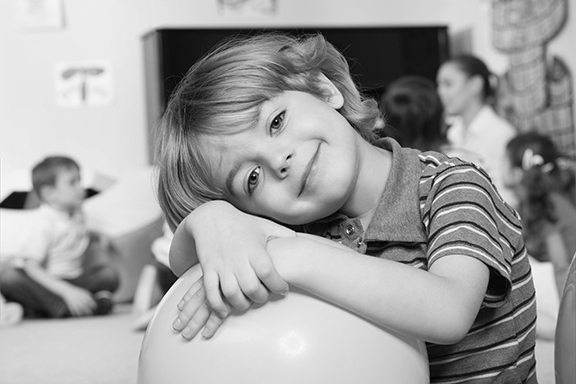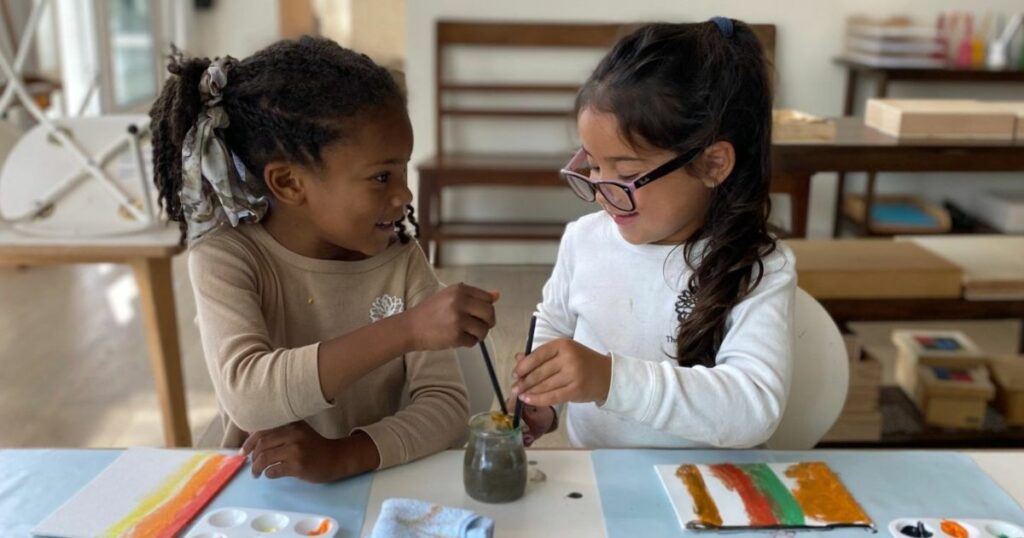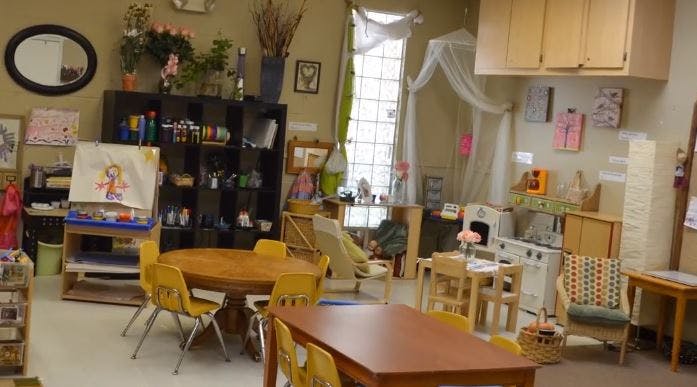Unveiling the World of Montessori Materials
Montessori materials are more than just simple teaching aids. They are the keys that unlock the doors to learning, inviting children to explore academic concepts through a hands-on, tactile approach.
Sensorial Materials
Montessori believed that children learn best when they engage all their senses. Sensorial materials like the Pink Tower, Broad Stairs, and the Red Rods, are designed to help children refine their senses and develop the ability to compare and contrast objects based on their size, shape, color, texture, sound, and weight, thus enhancing their perception and understanding of the world around them.
Mathematics Materials
Mathematics materials make abstract concepts tangible, aiding children in understanding numerical operations, geometry, and algebra. The Golden Beads, Number Rods, and the Stamp Game allow children to visually and physically understand addition, subtraction, multiplication, and division. Mathematical materials in Montessori education are specialized tools that translate abstract mathematical concepts into tangible forms.
Language Materials
Language Materials such as Sandpaper Letters, Moveable Alphabet, and Metal Insets help children explore phonics, word formation, sentence structure, and even cursive handwriting, fostering an early love for language and literacy. Language materials in Montessori education are crafted to foster literacy skills from an early age. Language materials in Montessori education are crafted to foster literacy skills from an early age.
Exploring the Power of Montessori Manipulatives
Montessori Manipulatives are unique learning tools that invite children to actively participate in their education.
Practical Life Manipulatives
Practical life manipulatives are tools that help children master everyday tasks. Practical life manipulatives in Montessori education are tools that guide children in mastering everyday tasks These include dressing frames for learning to tie shoelaces and button coats, pouring exercises for developing hand-eye coordination, and other materials for promoting fine motor skills and independence, bridging the gap between home and school life by cultivating real-world, applicable skills.
Cultural Manipulatives
Cultural manipulatives introduce children to the larger world around them, covering areas like geography, history, science, and art. Globes, puzzle maps, timeline charts, and botany puzzles bring far-off places and abstract concepts close to home. Through tools like globes, puzzle maps, timeline charts, and botany puzzles, children gain insights into diverse cultures, ecological awareness, historical timelines, and the physical world. These materials foster a broad understanding of the world around them and promote a sense of interconnectedness and global citizenship.
In Conclusion
Montessori Materials and Manipulatives are integral to the learning journey, whether it’s grasping mathematical operations, refining sensory perception, or understanding our world. These scientifically designed tools, coupled with the child’s innate desire to learn, forge a path that fosters a lifelong love for knowledge and respect for the joy of discovery.
Each set of materials serves a unique purpose, facilitating a child-centered learning environment that caters to individual paces and interests. The hands-on interaction nurtures curiosity, critical thinking, and creativity, laying a solid foundation for lifelong learning.
The Montessori approach recognizes the child’s natural desire to learn and provides the necessary tools to explore, analyze, and comprehend the world around them. These materials play a crucial role in shaping well-rounded, independent, and mindful individuals who are prepared to face the challenges and opportunities of the future.






